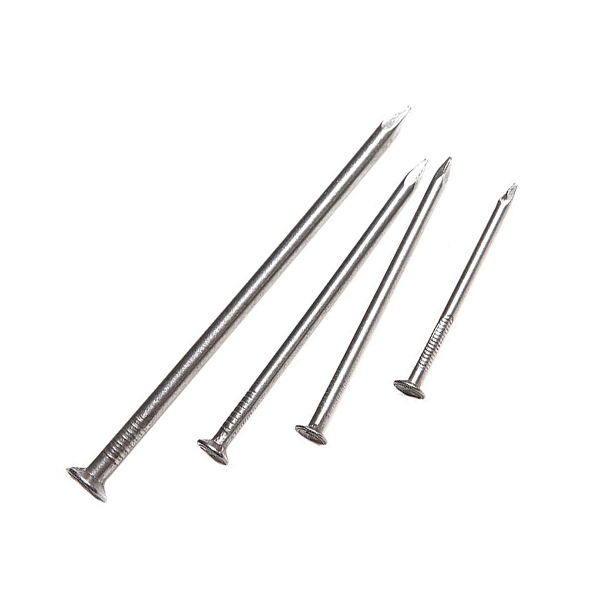Explore the uses and benefits of common wood dowels across industries In the construction and carpentry industries, common wood nails have long been the workhorse for holding materials together, providing reliable and cost-effective solutions for a variety of applications. With their unique properties and versatility, these simple yet effective fasteners continue to play a vital role in modern construction practices. Regular wood nails, also known as cut nails, are characterized by a sharp, tapered tip and a rectangular cross-section for easy insertion and a strong grip. Traditionally made from high-quality steel, they are resistant to bending and offer exceptional durability, making them ideal for heavy-duty tasks such as framing, roofing and flooring installations. One of the main advantages of regular wood nails is their ability to provide a strong hold for both hardwood and softwood. Its sharp tip and aggressive thread design ensure a secure grip, preventing materials from shifting or loosening over time. This property makes them particularly suitable for applications where stability and longevity are critical. In addition to their holding power, regular wood dowels also have a rust-resistant surface that makes them suitable for both indoor and outdoor use. This corrosion resistance ensures that the integrity of the fastener is not compromised, helping to extend the life of the entire construction or carpentry project. The versatility of common wooden dowels extends beyond traditional construction, with applications ranging from furniture making to boat building. Their ability to securely hold wooden components together without the risk of the material splitting or weakening makes them an attractive choice for craftsmen and manufacturers in a variety of industries. As industries continue to look for sustainable and eco-friendly alternatives, common wood dowels are receiving renewed attention for their eco-friendly properties. Made from natural materials and free of harmful chemicals, these fasteners are in line with the growing emphasis on sustainable building practices and materials. The durability, versatility and sustainability of common wood nails are a testament to the time-tested efficacy of traditional fastening solutions in contemporary industries. As construction methods evolve and the need for reliable, environmentally friendly materials grows, these humble fasteners continue to cement their place as an integral part of the construction and carpentry world. For further inquiries or to explore the comprehensive benefits of regular wood nails
Post time: Jan-15-2024


